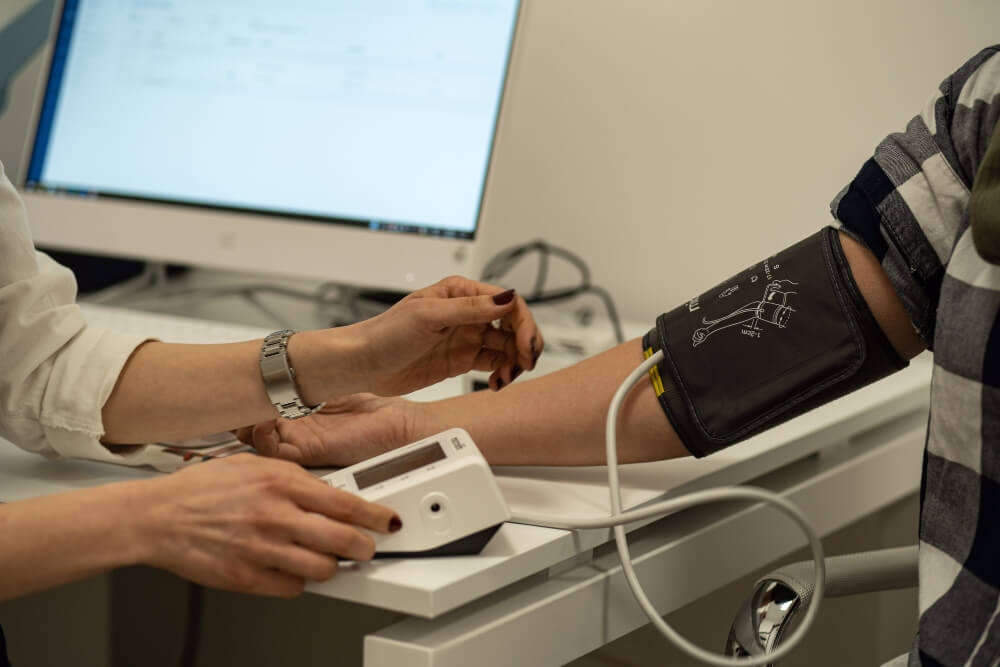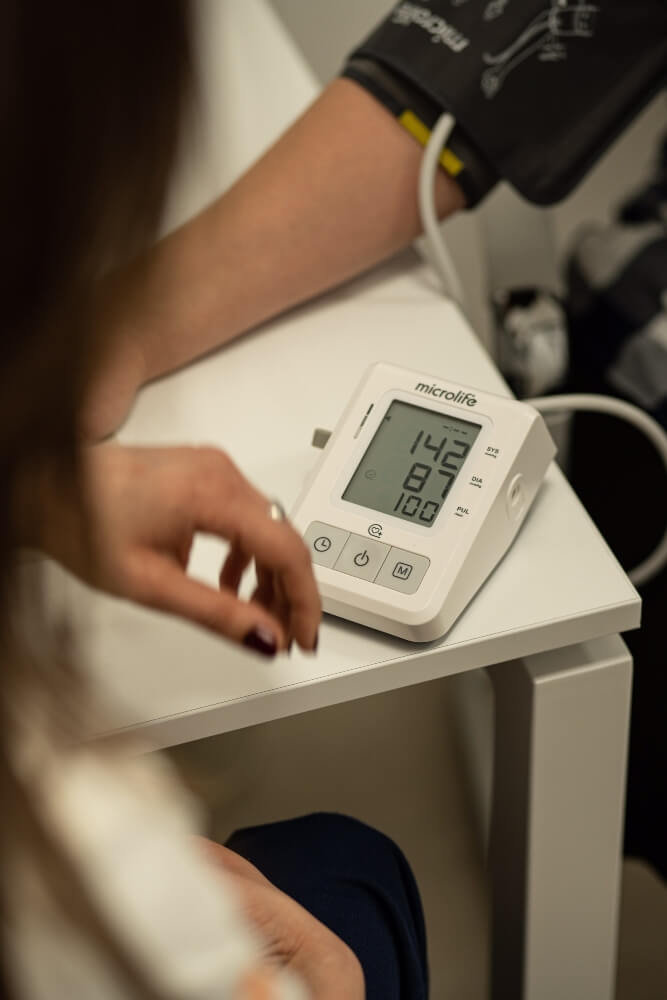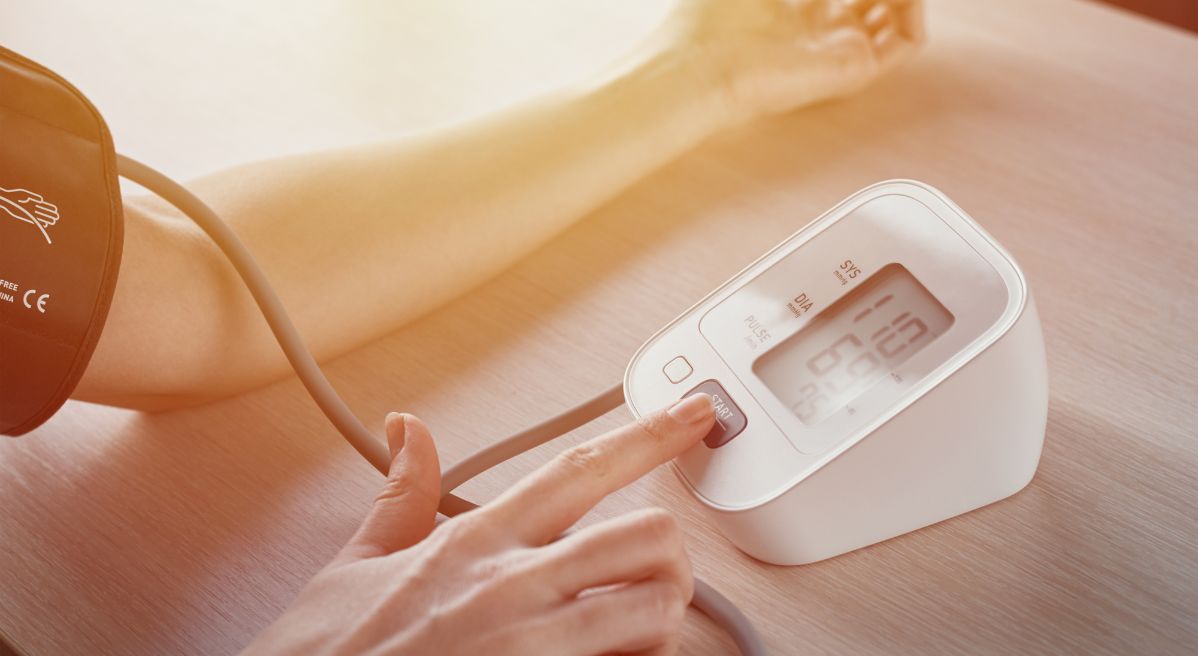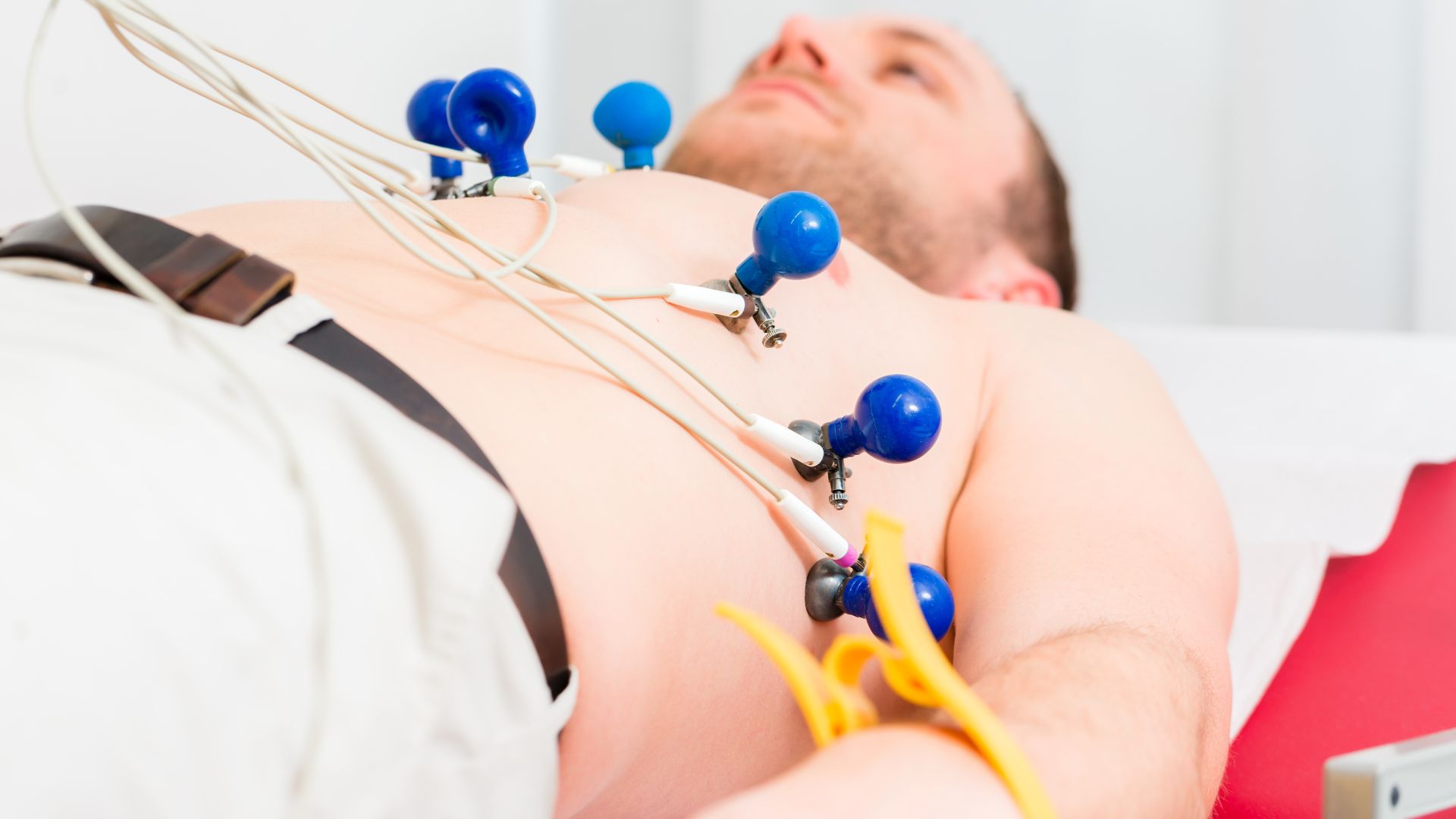Risk factors for stroke and heart attack should be known to everyone, and it is especially necessary to emphasize that hypertension is among them.
If we consider the number of people who have problems with establishing normal blood pressure, it is clear to you how many people in our environment are in daily danger, and the situation is not much better in the world either.
To keep blood pressure under control, you must first recognize the problem, diagnose it, and then treat it appropriately and monitor the effects of the treatment so that there is no unwanted development of the disease.
What is hypertension?
Hypertension or high blood pressure is a condition when the systolic and diastolic pressure values exceed 140/90 mmHg.
Systolic or top pressure refers to the pressure of blood on the walls of blood vessels at the moment when the heart pumps blood. The lower, or diastolic, is measured at the moment when the walls of the blood vessels relax, and the heart receives blood. Ideal blood pressure values are 120/80 mmHg.
Very often, high blood pressure passes under the radar, because people who have it do not notice the signs in time, but when some of the consequences already occur, then health is already seriously threatened.
At least once a year, it is necessary to control blood pressure, if the person has not had problems. If there is hypertension diagnosed patient needs regular measurements, changes in lifestyle, visits to the doctor, and often therapy.
The symptoms of high blood pressure?
The symptoms of high blood pressure can be obvious and intense, but they don’t have to be. In any case, if you notice any of the symptoms we are going to list, it is possible that you have a high blood pressure problem and you should monitor it, especially when the symptoms appear.
The most common symptom of high blood pressure:
- severe headache
- fatigue
- pressure in the head
- rapid or shortness of breath
- stabbing in the chest
- nosebleeds
- appearance of redness on the face
- buzzing in my ears
- appearance of blood spots in the eyes
- nausea
- vomiting
- spasms in the extremities can also occur
Risk factors for hypertension
Risk factors for hypertension include:
- genetic factor – if you have members with this problem in your immediate family, there is a high probability that you will develop hypertension as well.
- age – after the age of 45, the probability of developing this problem increases significantly and it only increases with age.
- smoking
- alcohol abuse
- inactivity
- poor nutrition
- obesity
- diseases such as endocrine and kidney diseases
- stress
- certain medicines
- pregnancy
We can and should influence on most of the factors that increase the risk of developing hypertension. It is never too early to start working on prevention, because the fact that it occurs more often in older people does not mean that younger people are completely spared. In some people, this problem is observed even before the age of thirty.
A healthy diet, physical activity of at least 30 minutes and avoiding smoking will have a beneficial effect on our health and will reduce the possibility of this and many other problems.
Diagnosing high blood pressure
Timely diagnosis is the most important to avoid unwanted consequences. If the measured pressure is higher than 140/90 in three time periods, it is necessary to consult a cardiologist.
Top experts in the field of cardiology works at the Pulse Cardiology Center. We also have modern equipped rooms and surgery rooms, so it is possible to perform all the analyses needed to diagnose this problem in one place in one day.
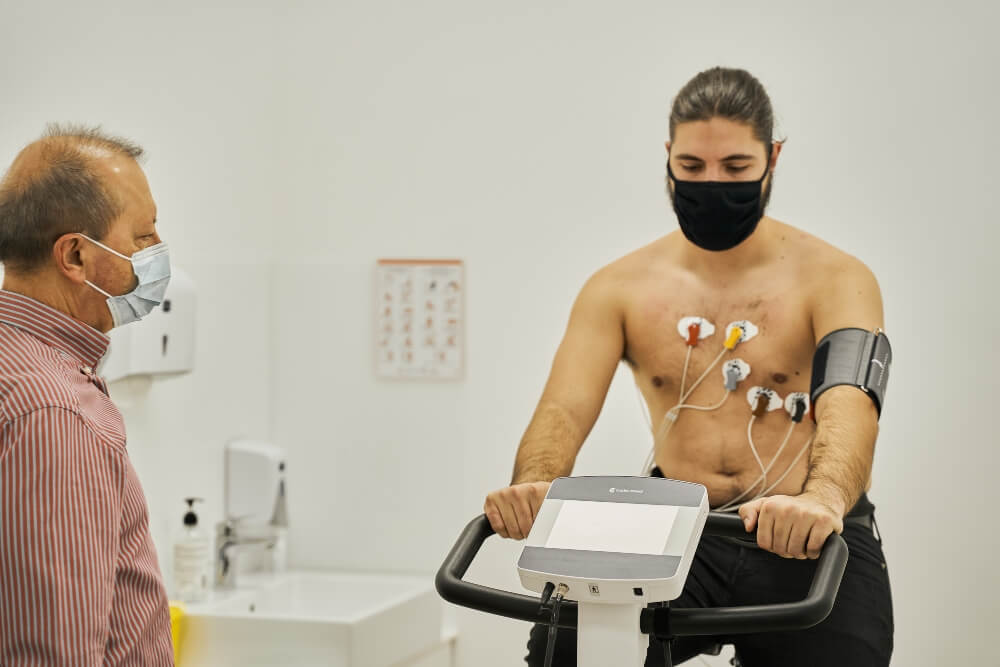
On our website, you can familiarize yourself with the biographies of our doctors and staff, and you can also see the environment in which we are waiting for you.
At the Pulse cardiology Center, everything is adapted to patients and everything we do is aimed at providing fast and efficient service, because cardiovascular problems requires only complete treatment.
In the process of diagnosing hypertension, you can expect to be recommended some of the following tests:
- 24-hour blood pressure holter
- blood tests
- ECG
- Heart echo
Sometimes it may be necessary to have:
- examination by a nephrologist or endocrinologist
- fundus examination
- ergometry
- MSCT coronary angiography, etc.
The 24-hour blood pressure Holter is one of the indispensable methods in the process of diagnosing hypertension because it provides very important information.
With the help of this device, it is possible to monitor the patient’s blood pressure during a day and during his daily activities. In this way, more significant information is obtained than with an ordinary pressure measurement. It can happen that it is lower because the patient is resting during the measurement, or it can be extremely high because the patient is at the doctor’s office and feels anxious.
Thanks to this method, a more accurate picture is obtained of when the pressure jumps, during which activities and how much.
A 24-hour Holter can be used not only for diagnosis, but also for monitoring the effectiveness of treatment.
Hypertension as a risk factor for other diseases
The risk factors for stroke and heart attack are similar, and hypertension occupies an important place among them.
If hypertension is not treated or treated inadequately, the consequences can be stroke, heart attack, sudden cardiac death and heart failure, glaucoma, and kidney damage. High blood pressure is above 140/90 mmHg and every additional 20 mmHg doubles the risk of developing these serious consequences, which often lead to death.
Treatment of high blood pressure
High blood pressure must be treated, but how this is done depends on the individual patient.
Sometimes it will be enough for the patient to change his diet, add physical activity and get rid of harmful habits and vices, and sometimes it will not be enough to maintain normal pressure.
Then it is necessary to introduce certain medicines. Again, the choice of the right drug or drugs will depend on the patient and his condition, because in some people it will be necessary to combine several drugs in order for the treatment to be successful.
Our cardiologists will help you find the right way to successfully control your blood pressure.
In addition to taking therapy and adjusting your lifestyle to a new, healthier regime, it is important to go for regular check-ups and monitor the effects of treatment.
Prevention of high blood pressure
Although there are many medications that help keep this problem under control, it should be a last option. Before that, we should do everything in our power to prevent hypertension, because we can never know how we will react to the drugs and whether we will be able to prevent further consequences.
Prevention includes a healthy diet, maintaining the recommended body weight, physical activity, quitting smoking and avoiding alcohol, as well as preventive examinations.
The best type of diet for maintaining normal blood pressure is the Mediterranean diet, which includes plenty of fresh foods that are rich in minerals, fibers and useful fats. By cutting out trans-fats, foods full of bad cholesterol and sugar, we are doing an important thing for the health of our blood vessels.
Blood pressure problems are the problems of modern man and affect every fourth person. That frequency and prevalence should be a warning to us that something like this can happen to us and that we should check our blood pressure, especially if we feel any of the symptoms.
At Pulse Cardiology Center, you will find specialists who are members of the Serbian, European and World Association of cardiology and who are committed to continuous improvement, monitoring and creation of innovations in the field of cardiology.

